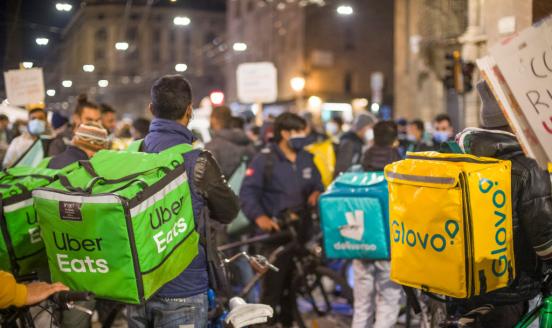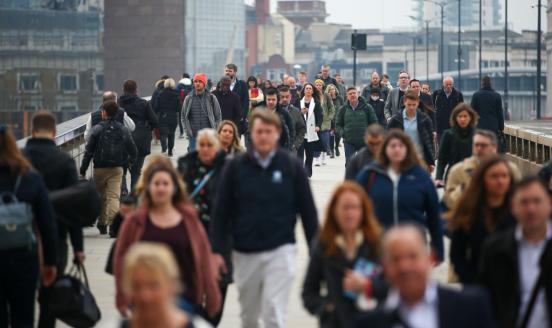
Diane Mulcahy
Diane Mulcahy was a Visiting Fellow at Bruegel until the end of 2023. She is an expert on the Gig Economy and contributes to Bruegel’s project on the Future of Work and Inclusive Growth. She is the author of The Gig Economy (Harper Collins, 2016), a best-selling book that has been translated into five languages, and an advisor Fortune 500 and startup companies about the future of work. Diane created the first MBA course in the U.S. on the Gig Economy.
Diane is also a private equity and venture capital investor and contributes to Bruegel’s work on innovation and entrepreneurship. She was a VC investor in early-stage companies for nearly a decade, and currently manages the PE portfolio for a large foundation in the U.S. Diane’s work on the VC industry has been featured in The Economist, the Financial Times, Forbes, Fortune, Harvard Business Review, The New Yorker, the New York Times, The Wall Street Journal, and is part of the curriculum of several MBA programs, including Case Western, Darden, INSEAD, Kellogg, and NYU, as well as Harvard Law School.
Diane was previously a Visiting Fellow at Trinity College Dublin’s Policy Institute, where she wrote about the Irish government’s policies of financing the VC industry.
Diane holds Master of Public Policy (M.P.P.) and A.B. degrees from Harvard University. She is a dual U.S. and EU (Irish) citizen.
Featured work

Employer perspectives on employee work location: collaboration, culture and control
Employee surveys across different countries indicate that employees prefer working remotely and do not want to return to the office full time.

Policies to support the self-employed in the labour markets of the future
A review of changes in the way we work.

Better pensions for the European Union’s self-employed
What is the current state of pensions policy in Europe and how are independent workers treated compared with their traditionally employed counterparts

Protecting workers in the platform economy
How can we protect platform workers while preserving the opportunities and benefits that are generated by the sharing economy?